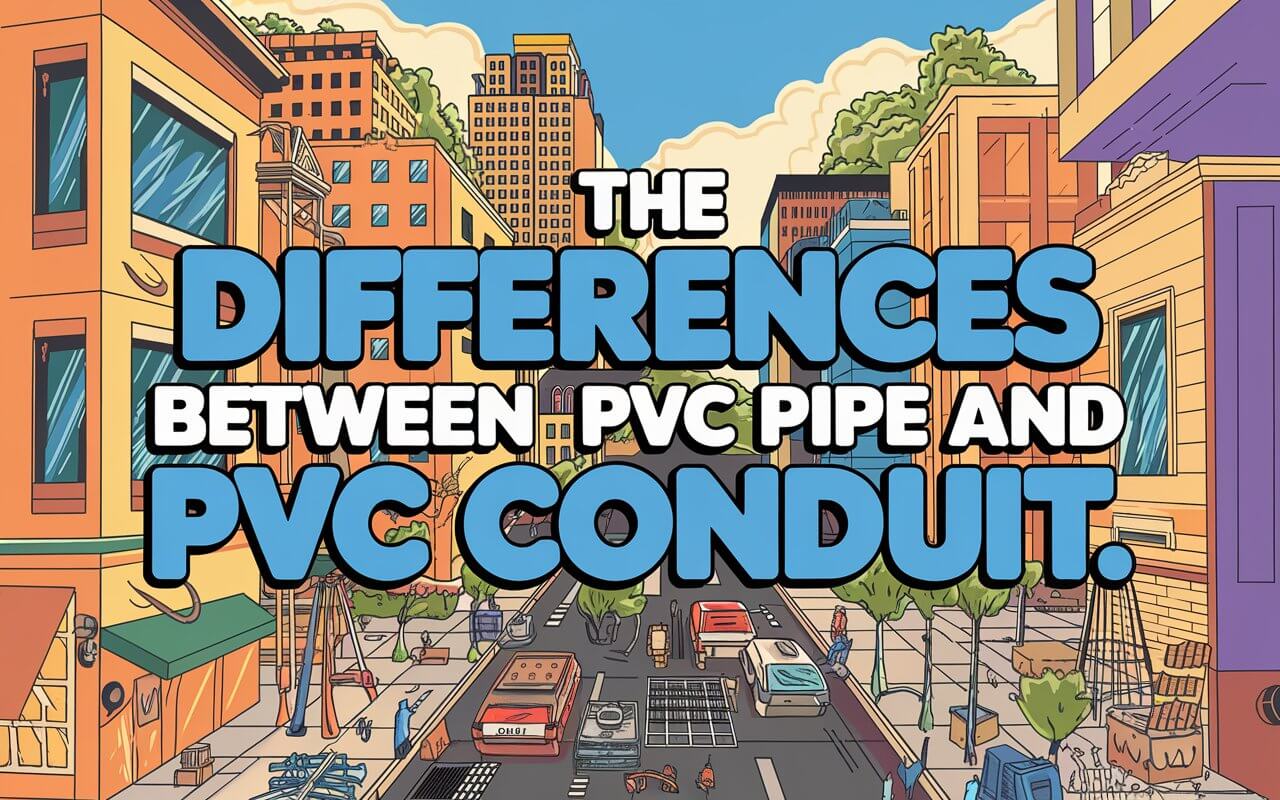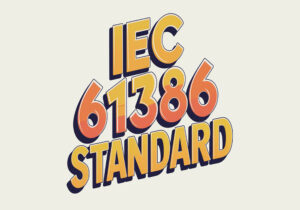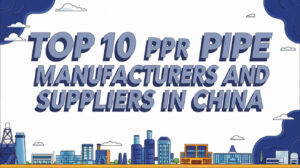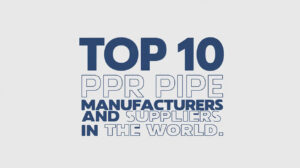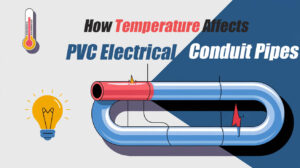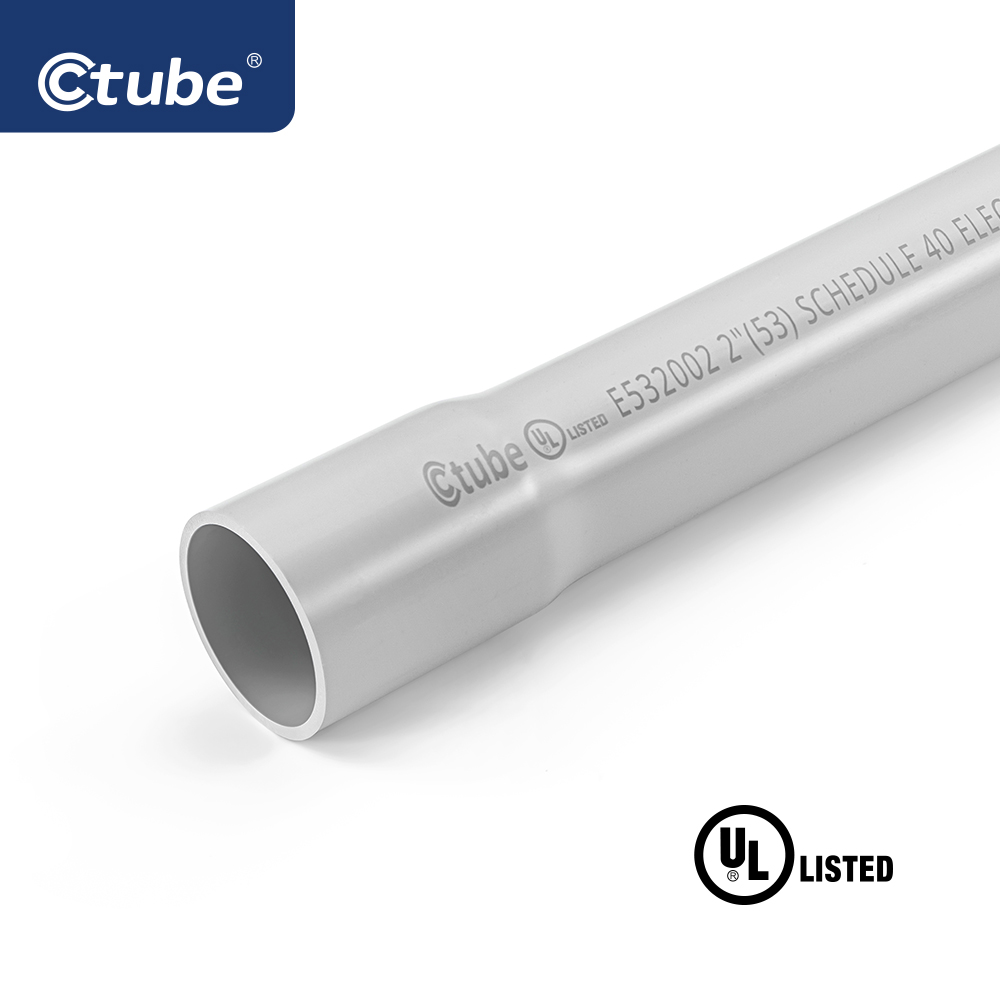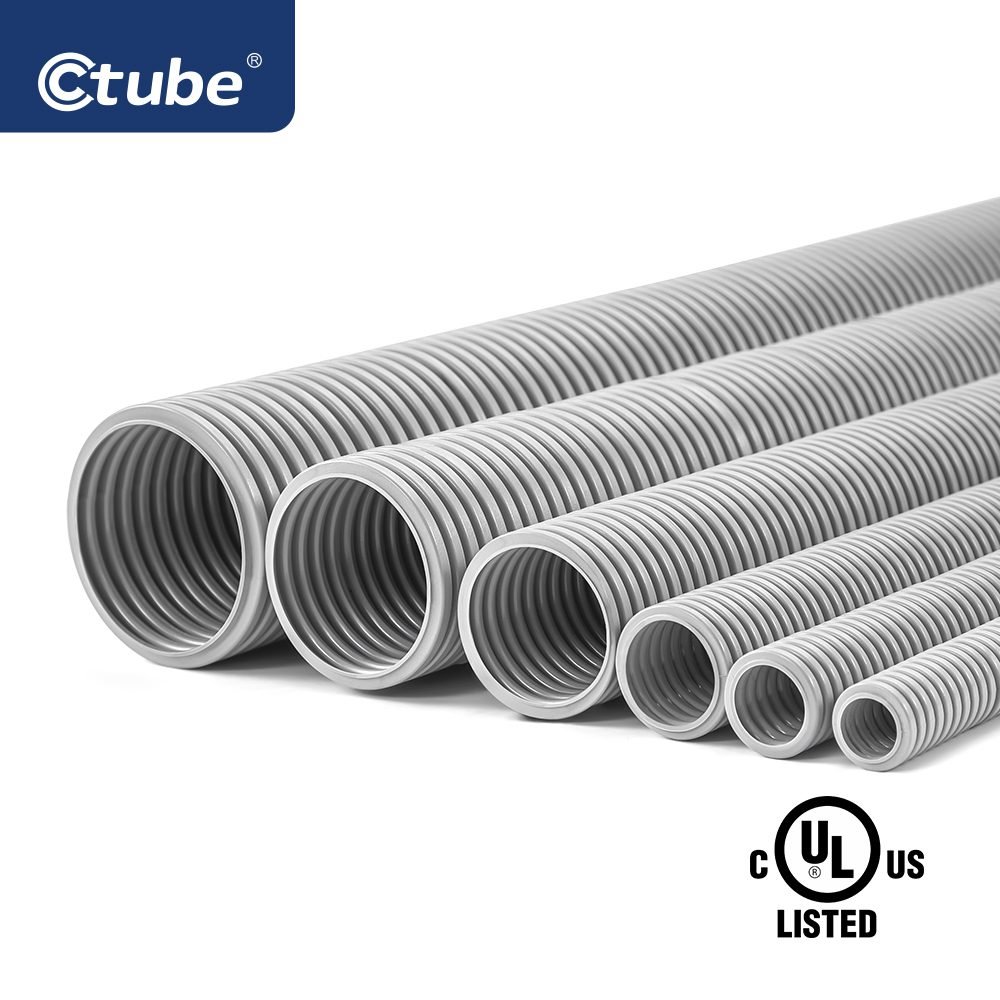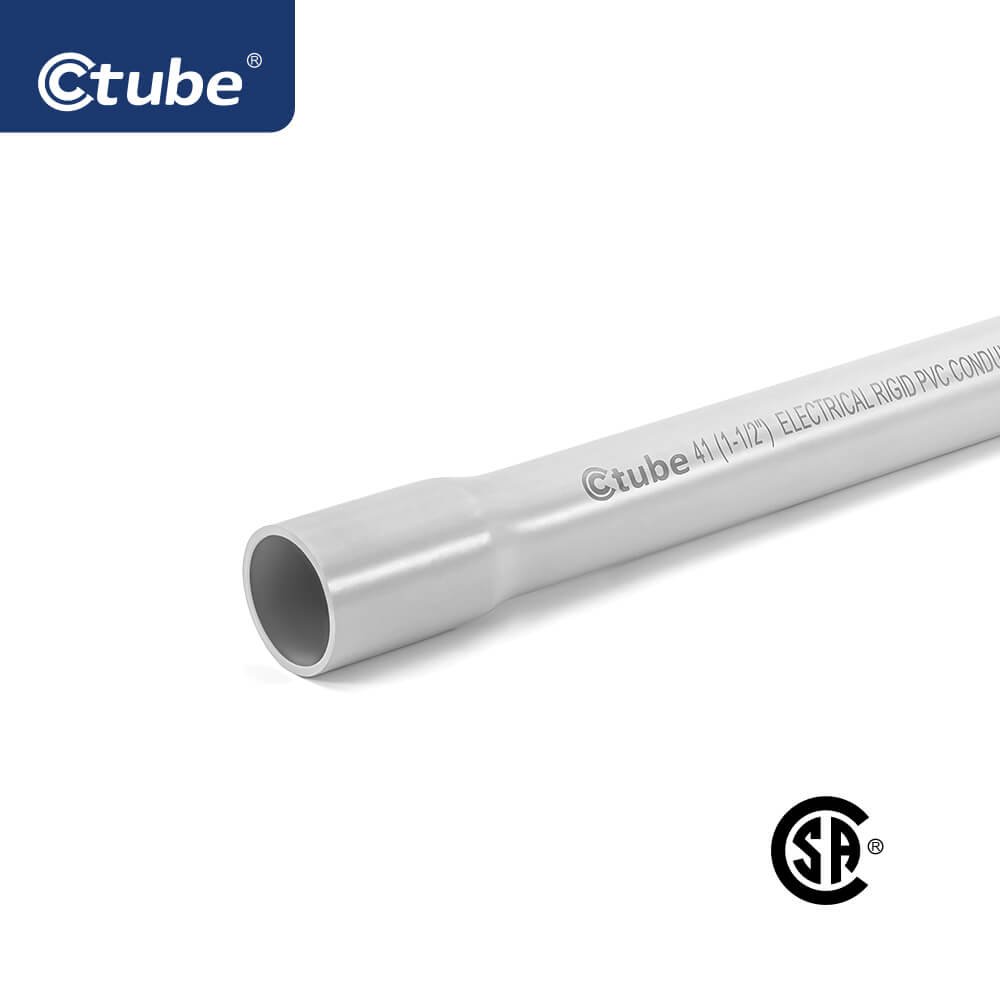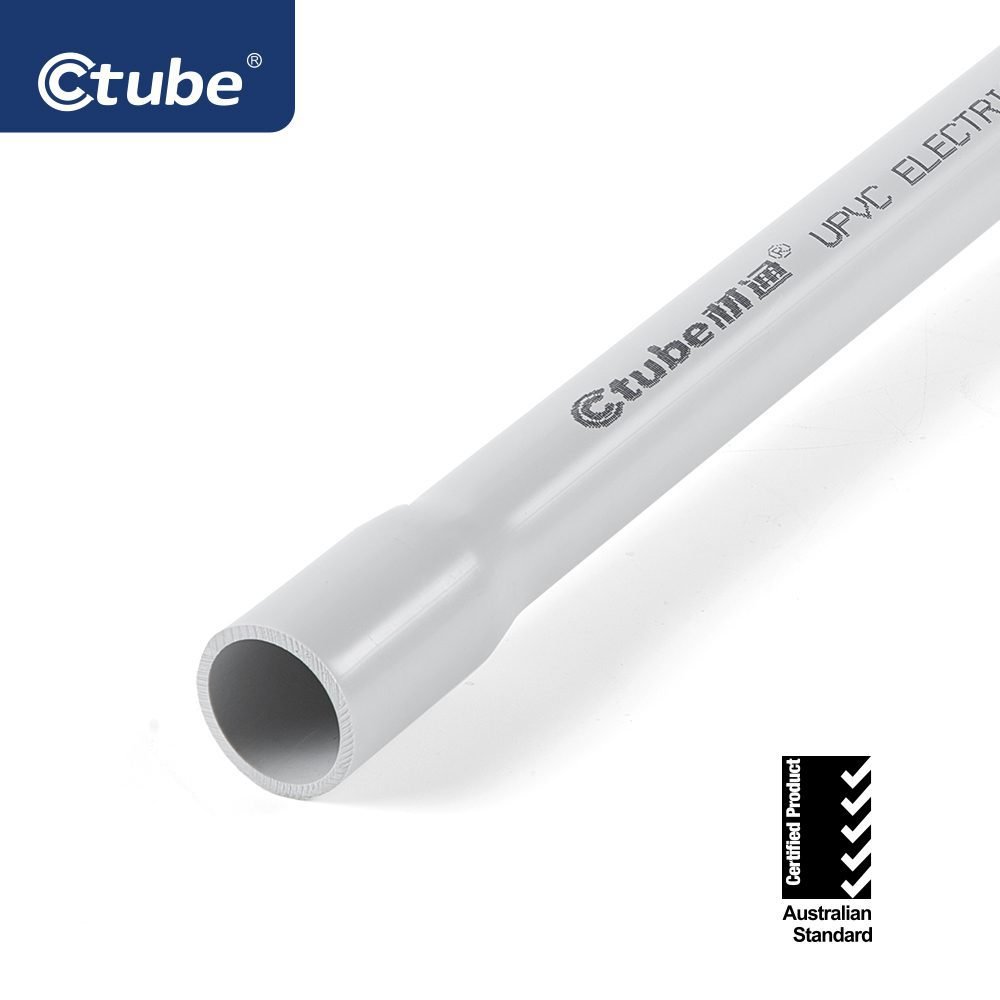As experts in our field, we understand the critical role that both PVC pipes and PVC conduits play in various applications. However, professionals and DIY enthusiasts alike need to discern the difference between these two types of products to ensure safe and efficient installations. This page aims to clarify the distinctions between PVC pipes and PVC conduits, highlighting their unique features, functions, and applications.
Table of Contents
ToggleUnderstanding PVC Material Basics
Polyvinyl Chloride (PVC) is a widely used thermoplastic material renowned for its durability, chemical resistance, and versatility. While both PVC pipes and conduits are made from this same robust material, they are designed with specific purposes in mind, dictating differences in their structure, performance standards, and intended uses.
What is PVC Pipe?
- Definition and Design
- PVC pipes are typically manufactured in a range of sizes and thicknesses, classified by schedules such as 40 or 80, denoting their pressure-bearing capabilities. They come in standard colors like white or gray for water lines and blue or purple for potable water systems.
- Functions and Applications
- Primarily used in plumbing, irrigation, drainage, and transporting fluids and gases under pressure, PVC pipes excel due to their leak-proof joints, low maintenance requirements, and long lifespan.
What is PVC Conduit?
- Definition and Design
- Unlike PVC pipes, conduits often have thicker walls for enhanced rigidity and protection against mechanical damage during installation and service life. Designed with smooth interiors to prevent abrasion on wires and cables, they may also feature threaded ends for secure fittings or additional certifications for electrical safety.
- Functions and Applications
- Specifically engineered for electrical installations, PVC conduit safeguards wiring from environmental hazards, physical damage, and fire. Compliant with UL, CSA, and NEC regulations, they provide an effective non-conductive shield for electrical conductors.
Differences Between PVC Pipes and PVC Conduit
- Standards and Regulations
- PVC pipes adhere to ASTM standards, focusing on factors like pressure ratings and fluid compatibility, while PVC conduit complies with electrical codes and standards set by UL, CSA, and NEC, ensuring fire-resistance and electrical insulation properties.
- Wall Thickness and Rigidity
- PVC conduit generally has a thicker wall to withstand impacts, protect wires, and accommodate fasteners without crushing. PVC pipes focus more on maintaining uniformity for internal pressure management.
- Electrical Safety
- PVC conduit is explicitly designed to prevent electrical accidents, serving as a barrier between live wires and potential contact points. In contrast, PVC pipes are not suitable for housing electrical wiring due to their lack of inherent electrical insulation properties.
- Fittings and Accessories
- PVC pipe fittings concentrate on tight seals and leak prevention, while PVC conduit fittings are designed to facilitate wire pulling, grounding, and preventing dust ingress.
When to Use PVC Pipe vs. PVC Conduit
- For projects involving water supply, waste disposal, or gas distribution, choose PVC pipes.
- In any scenario where you need to run or protect electrical wiring – whether it be indoors, outdoors, underground, or overhead – opt for PVC conduit.
Benefits of Choosing PVC Conduit from Ctube
Our PVC conduit offerings boast exceptional quality control, having passed rigorous national certifications including UL 651, CSA, AS/NZS2052 approval, and compliance with relevant electrical codes. We offer customizable options tailored to your project’s specific needs, backed by our industry expertise and commitment to safety.
Understanding the clear distinction between PVC pipes and PVC conduits is crucial for successful, code-compliant installations. At Ctube, we strive to educate our customers about these differences to ensure the right product is chosen for each application. Our extensive range of PVC conduit solutions provides unparalleled safety, durability, and ease of use. Reach out to us today for expert advice and explore how our products can elevate your next project’s functionality and safety standards.

